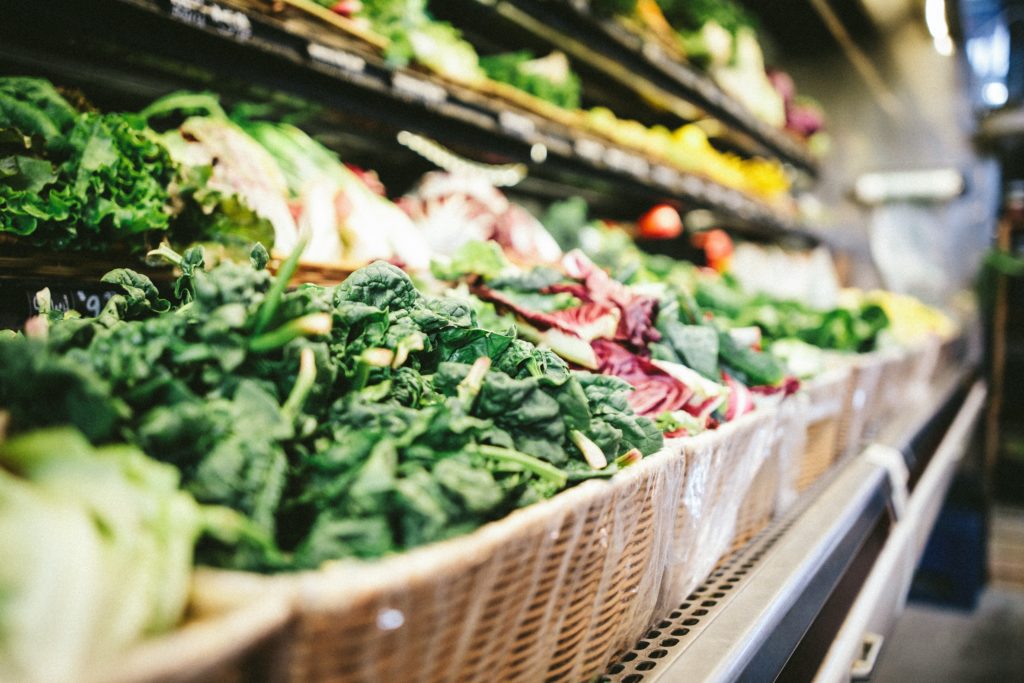All fields are required
Posted in Cyclospora,Cyclospora,Our Blog,Outbreaks & Recalls on July 17, 2019

Massachusetts Department of Public Health announced this week that it is actively investigating a Massachusetts Cyclospora Outbreak. At this time, no food source has been identified. However, the MDPH is collaborating with the Centers for Disease Control to identify possible sources of exposure to the parasite.
The MDPH reports that “most of the cases have been reported in eastern Massachusetts, specifically in the greater Boston area.”
“More than 80 cases of the intestinal illness Cyclosporiasis have been reported since May,” said Dr. Larry Maddoff, medical director for the Bureau of Infectious Diseases and Laboratory Sciences at the Massachusetts Department of Public Health.
Cyclosporiasis is an intestinal illness caused by the microscopic parasite Cyclospora cayetanensis. People can become infected with Cyclospora by consuming food or water contaminated with the parasite. People living or traveling in countries where cyclosporiasis is endemic may be at increased risk for infection.
Its symptoms:
It generally spreads through fresh fruits and vegetables like lettuce, cilantro, basil, berries etc. It’s difficult to diagnose the parasitic infection unless a specialized stool test is performed. The treatment is generally done through antibiotics.
Symptoms:
Cyclospora spreads through fecal contamination. It happens when contaminated water comes in contact with fresh produce or when an employee doesn’t wash his hands and touches the fresh produce. The latter can cause contamination at all stages – from growing to handling produce while cooking. The only way to prevent contamination is to maintain proper hygiene at all stages of food processing. Use safe and clean water during irrigation and make sure that employees who handle food directly properly wash their hands after going to the washroom.
According to the MDPH, “If you think you have cyclosporiasis, you should see a doctor. Your doctor can take a stool sample and send it to a laboratory for testing. If you have cyclospora in your stool, you may be treated with antibiotics or a combination of antibiotics. If you have diarrhea, you should rest and drink plenty of clear fluids. Do not take any medicine until asking your doctor about it. People who have already had a cyclospora infection can get it again.”
The CDC mentions on its website: “Trimethoprim/sulfamethoxazole (TMP/SMX), sold under the trade names Bactrim*, Septra*, and Cotrim*, is the usual therapy for Cyclospora infection. No highly effective alternative antibiotic regimen has been identified yet for patients who do not respond to the standard treatment or have a sulfa allergy.”
The FDA has issued recommendations for retailers during a cyclospora outbreak:
“Based on current information available Cyclospora may be resistant to routine chemical disinfection methods such as those using chlorine. However, restaurants and retailers should still follow basic food safety practices:
As for consumers, they recommend:
“Consumers who have symptoms of cyclosporiasis should contact their health care provider to report their symptoms and receive care. Most people infected with Cyclospora develop diarrhea, with frequent, sometimes explosive, bowel movements. Other common symptoms include loss of appetite, weight loss, stomach cramps/pain, bloating, increased gas, nausea, and fatigue. Vomiting, body aches, headache, fever, and other flu-like symptoms may be noted.”
The Massachusetts Department of Public Health recommends that anyone who has become sick with cyclospora report their illnesses to the health department. Health care providers are required by law to report cases of cyclosporiasis to the local board of health. According to the MDPH, “In order to protect the public, workers at food-related businesses who have cyclospora in their stool, must stay out of work until they don’t have diarrhea and lab tests on one to two different stool samples show that there are no cyclospora germs. Workers in food-related businesses who have diarrhea and live with someone who has cyclosporiasis must also show that they have none of the germs in their stool. Food-related businesses include restaurants, sandwich shops, hospital kitchens, supermarkets, dairy or food-processing plants. This regulation also includes workers in schools, residential programs, day-care and health care facilities, that feed, give mouth care or dispense medications to clients.”
Those who are sick can call the Massachusetts Department of Public Health Division of Epidemiology and Immunization (617) 983-6800 or toll-free at (888) 658-2850
Our mission is to help families who have been harmed by contaminated food or water. When corporations cause Cyclospora food poisoning outbreaks or Legionnaires’ disease outbreaks, we use the law to hold them accountable. The Lange Law Firm, PLLC is the only law firm in the nation solely focused on representing families in food poisoning lawsuits and Legionnaires disease lawsuits.
If you or your child was infected with Cyclospora or any other parasite and are interested in making a legal claim for compensation, we have a Cyclospora lawyer ready to help you. Call us for a free no obligation legal consultation at (833) 330-3663 or send us an e-mail here.
By: Candess Zona-Mendola, Editor (Non-Lawyer)